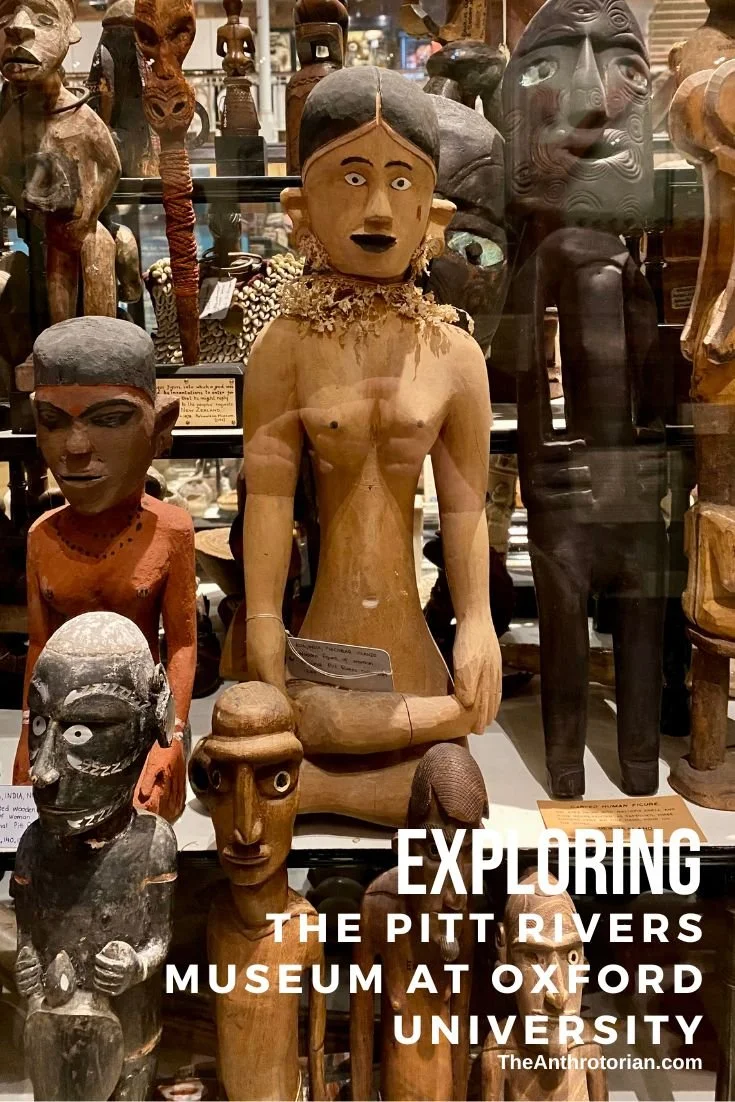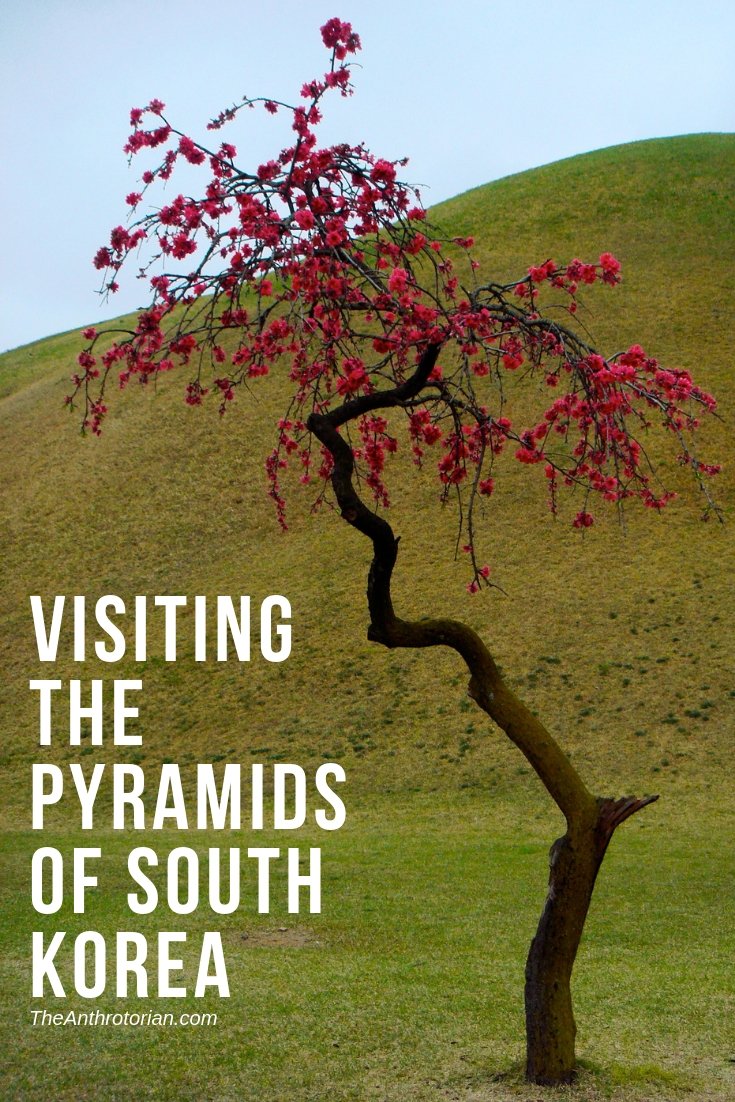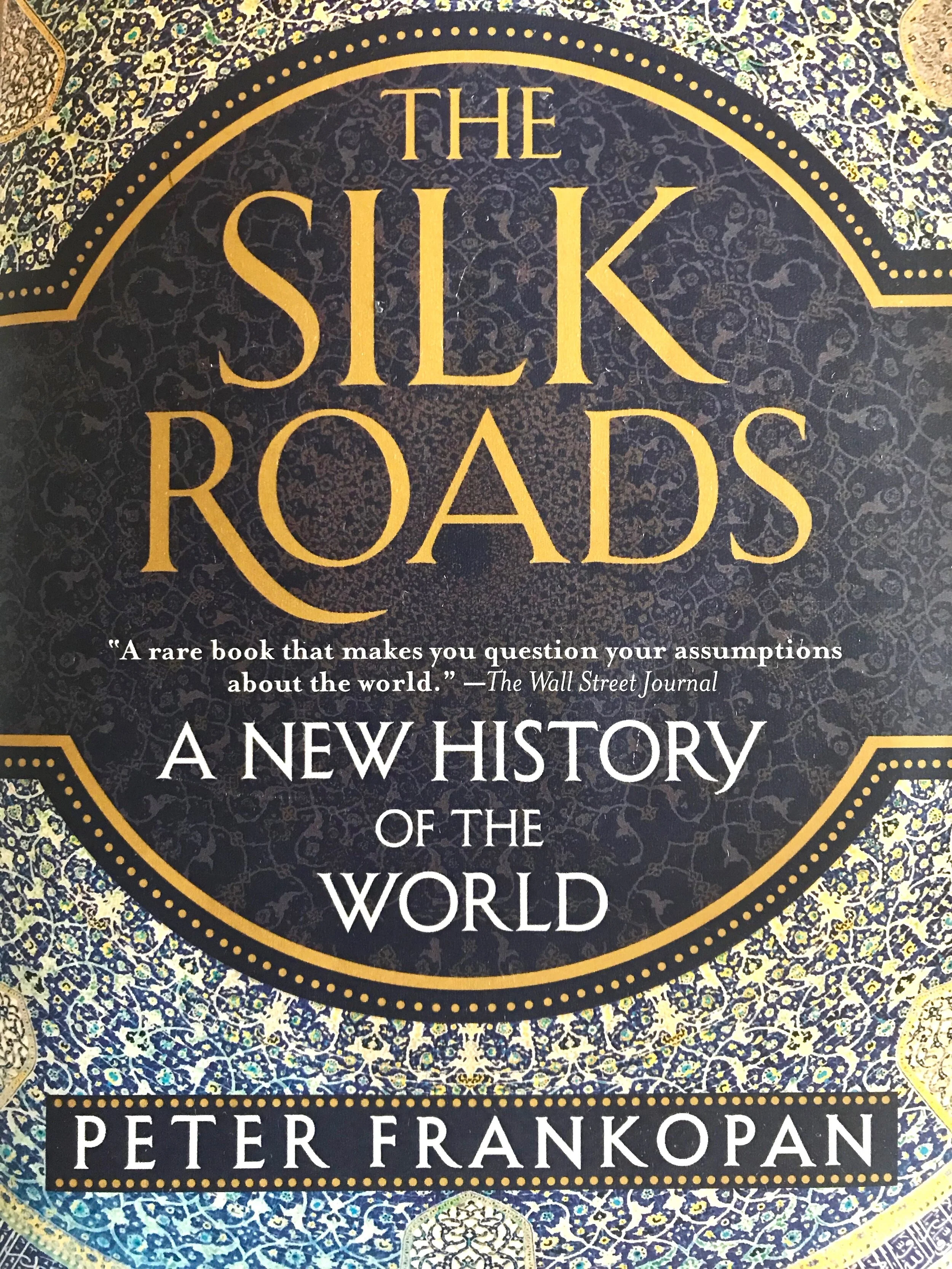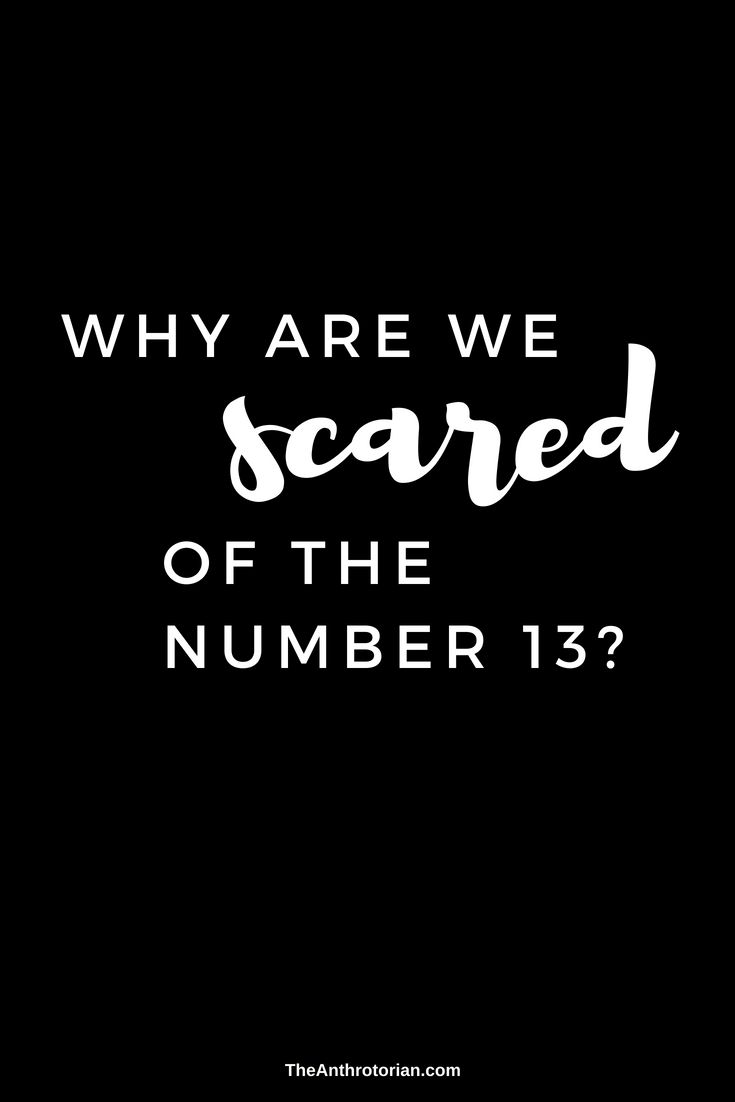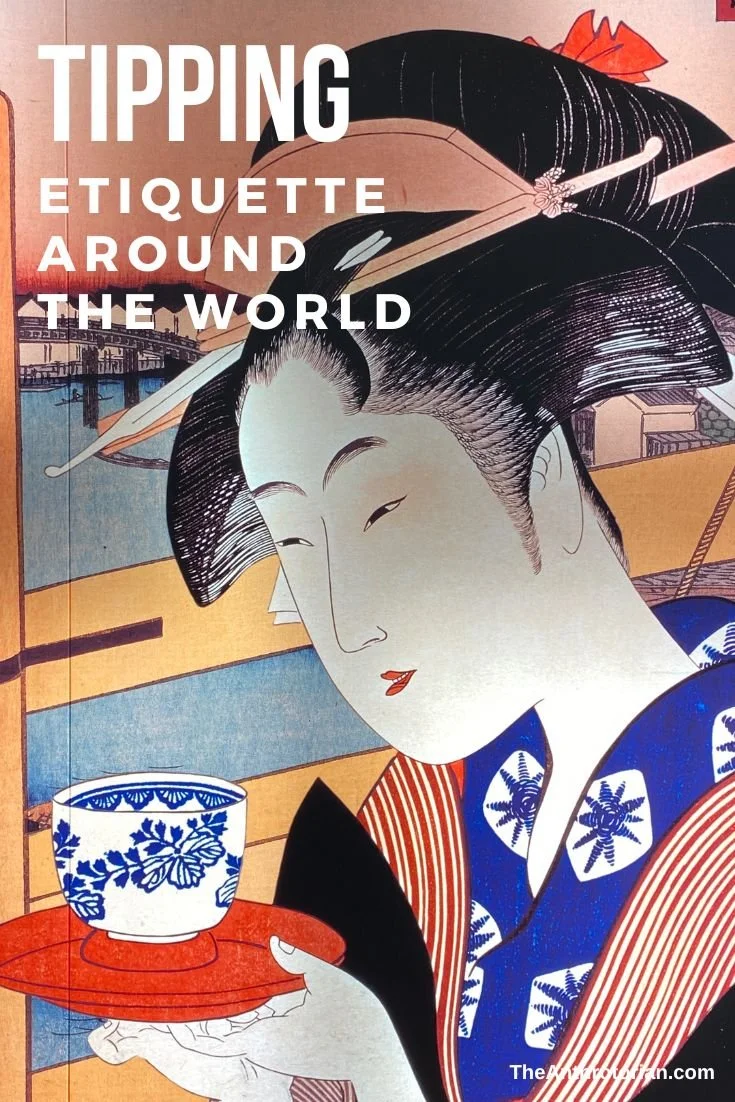Located in the middle of Beijing in China, the Yonghe Temple aka Harmony and Peace Palace Lamasery aka Yonghe Lamasery aka Lama Temple is a complex made up of a maze of elaborate arches, stunning tapestries and massive temples, opening to expansive courtyards filled with people praying and fragrant smoke filling the air from burning incense.
Read MoreThe Hangul Revolution: How The Creation of A Written Language Changed South Korea Forever
Poo-doon-mao oh don gee yo was my (phonetic) address when I lived in South Korea, and one of the first things that I learned to say (once it had been written out for me of course) in Korean. I was told that it meant something like, “the brownish-orange buildings with numbers in the 500s on them.” All I knew for sure was that when I got in a cab and said it to the driver, I would end up in the right spot.
Read MoreChina's One Child Policy Backfires
Introduced by China's Communist Government in 1978 as a way to regulate its population and alleviate social, economic, and environmental problems, the one-child policy restricted urban couples to having only one child.
According to Wikipedia, Chinese authorities claimed that this policy prevented between 100 – 400 million births!
That's A LOT of babies!
As you can imagine, a policy that regulates something as personal as creating a family has been met with a lot of controversy. It has led to forced abortions of females (despite the fact that it is illegal to tell parents the sex of their baby, it happens all the time), female infanticide, and is the most likely cause behind one of the biggest social issues in the country — an increasingly skewed sex ratio.
Why are men more desirable?
Though it sounds old-fashioned to our western sensibilities, in China a son is an asset because he will support his family, while daughters are married off and so contribute to their husband's family. Basically, only a son is a return on their investment. Male relatives are also the only ones allowed to perform ancestor rites that will ensure their parents a comfortable rest in the afterlife.
Because of the forced lack of females, one in five men in China face eternal bachelorhood. To put this into perspective, by 2020 there will be enough lifelong bachelors to match the population of Texas.
The rise of Bachelor Villages
Bachelor Villages — or small rural areas where there are no unmarried women and the uneducated, unmarried men cannot leave their small farms to search for a wife — are sadly becoming the norm. A fact that is worrying, as history shows that countries with an excess of men have higher rates of violence.
Leftover Women in China
One would think that because single women are so rare that they would have their pick of men, and that ladies who are self-sufficient and highly educated should go like hot cakes. Instead, the Chinese media is full of stories about highly educated "Leftover Women" who — in a country that still maintains a sense of hierarchy — are too intimidating to men, and too old (keep in mind that 'old' in China is over the age of 23) to find a husband.
Sadly, on the other end of the social spectrum, women from poor families are being forced into marriages, kidnapped for prostitution and even sold by their families to human traffickers.
Why not marry someone from a different country?
A logical question, but one that would be met with disgust in China, a Communist country that is proud of their homogenous population who has no interest in ‘mixing’ with outside ethnicities or cultures.
Related Posts
Why are we scared of the number 13?
For those of us that reside in the western world, fear or superstition of the number 13 is pretty common.
In fact, this fear even has a name: Triskaidekaphobia.
The number holds so much power that it is often omitted from hotel rooms, the floors of tall buildings and some people won’t even get out of bed on Friday the 13th.
There is no one reason to explain where this superstition comes from, but the many that I have come across pose very intriguing ideas rooted in historical or religious beliefs.
Why are people afraid of the number 13?
There were 13 people at the Last Supper where Jesus revealed that one of his disciples would betray him.
On Friday, October 13, 1307, King Philip IV of France ordered the Knight’s Templar arrested and killed.
13 is a lucky number in Judaism, and so, some say that a fear of the number comes from anti-semitism.
There is also evidence that a fear of thirteen comes from a fear of women, witchcraft, and disorder.
13 was once a number used to represent femininity because it corresponds to the number of lunar menstrual cycles in a year (13x28 days=364).
Witches gathered in covens of 12 with the devil joining them as the 13th member.
Other reasons seem a little more random.
There are 13 turns in a hangman’s noose and 13 steps up to the gallows.
12 is universally considered a perfect and harmonious number and 13 represents a step too far and throws this harmony into discord.
Did you know that the number 4 is unlucky too?
When living in South Korea, on the 13th floor, I noticed that though 13 was never omitted from buildings and hotel room doors, the number 4 was.
I discovered that the explanation for this superstition is a lot more cut and dry than the western superstition around 13. Apparently, countries in Asia and South East Asia familiar with Cantonese, avoid the number 4 because it is nearly identical in pronunciation to the word ‘death’.
Many product lines developed in Asia, like Nokia, omit the 4th series, jumping right to the fifth while hotels and high rises will often omit any floor with the number 4 in it (ie: 4, 14, 24… etc.)
Related Posts
Visiting Mao Zedong's Body In Beijing, China
The Chairmen Mao Memorial Hall sits in Tiananmen Square in Beijing, China. This mausoleum, built by workers using supplies from all over the country, is the final resting place of the body of the former leader of the country — Mao Zedong — who died in September of 1976.
After paying to check their bags and cameras safely away, visitors to the hall must pass through metal detectors before they are carefully divided into single file lines, and filtered matter-of-factly into the massive complex.
Just outside the entrance, a sign standing next to a woman selling flowers reminds visitors to remove their hats and to keep silent.
A narrow roped off pathway controls where visitors walk and guards wearing white gloves ensure that the lines of people move at a constant shuffle. Stopping is not allowed.
Mao’s mummified corpse lies in a crystal cabinet, his head slightly elevated with grey streaks in his hair. A red flag emblazoned with a hammer and sickle is draped over his body, and an eerie red spotlight lights his face. Beneath him, unseen to observers, is a refrigerator where he is lowered and stored at night, and where a wax replica of his body that is used for display when work is being done on the real one, is stored.
The whole experience lasts only minutes and before you know it, you are back in the square and the whole thing seems like some sort of weird dream.
Interestingly, Mao wanted to be cremated when he died but the Politburo went against these wishes instead preserving him the same way that other infamous Communists are. (The bodies of Lenin in Russia and Ho Chi Minh in Vietnam are on display in a similar fashion).
Recently joining the list of mummified rulers was Kim Jong-Il, the former leader of North Korea, who was embalmed and placed beside his father, Kim Il-Sung at Kumsusan Memorial Palace in Pyongyang.


